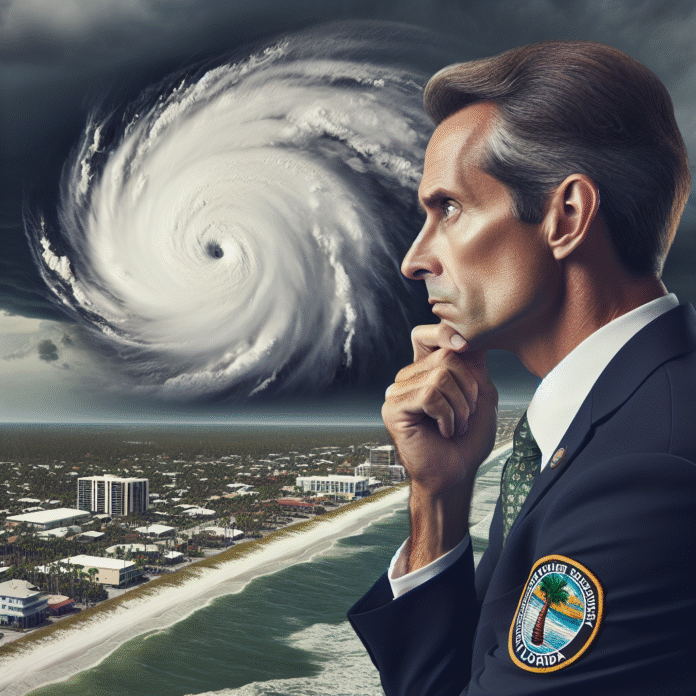Hurricane Season Starts June 1 and a Florida Emergency Official Shares His Concerns
Hurricane Season Kicks Off on June 1: Insights from a Florida Emergency Official
As the calendar turns to June, the Atlantic hurricane season officially begins, prompting heightened vigilance among residents of Florida and other coastal states. The annual phenomenon brings with it the potential for severe storms, flooding, and widespread destruction. In this context, one Florida emergency management official shares his concerns and priorities as the season approaches.
Preparing for the Unexpected
For emergency managers, the onset of hurricane season is a time of both anticipation and anxiety. The official emphasizes that what keeps him awake at night is not just the storms themselves, but the unpredictability of their paths and intensities. Florida’s unique geography, which includes a long coastline and numerous vulnerable communities, amplifies the stakes involved in hurricane preparedness.
Community Engagement and Education
One of the most critical aspects of hurricane preparedness is ensuring that residents are informed and equipped to respond effectively. The official highlights ongoing efforts to engage the community through workshops, social media campaigns, and partnerships with local organizations. By fostering a culture of preparedness, officials aim to empower individuals and families to make informed decisions before, during, and after a storm.
The Role of Technology in Disaster Response
Advancements in technology have transformed how emergency management agencies predict and respond to hurricanes. The official notes that tools like satellite imagery, predictive modeling, and real-time data analysis play crucial roles in assessing storm developments and disseminating timely information. However, he cautions that technology is not a substitute for human judgment and local knowledge, which remain invaluable in crisis situations.
Emphasizing Resilience and Recovery
Beyond the immediate response to hurricanes, the focus on resilience is paramount. The official discusses the importance of long-term recovery plans that address not only infrastructure repairs but also the emotional and psychological impacts of disasters on communities. Initiatives aimed at building resilient neighborhoods—such as improving drainage systems, reinforcing buildings, and creating community support networks—are essential in mitigating future risks.
Climate Change and Future Challenges
As climate change continues to influence weather patterns, the official expresses concern about the increasing intensity and frequency of hurricanes. Rising sea levels and warmer ocean temperatures contribute to more severe storms, making preparedness efforts even more critical. He advocates for proactive measures, including investment in sustainable infrastructure and adaptive strategies that consider the changing climate.
Final Thoughts: A Call to Action
As hurricane season approaches, the official urges residents to take action. This includes creating emergency plans, assembling disaster supply kits, and staying informed about weather updates. He emphasizes that preparedness is a shared responsibility, and communities are stronger when they work together. By prioritizing readiness and resilience, Florida can better navigate the challenges posed by hurricane season and safeguard its residents against future storms.


